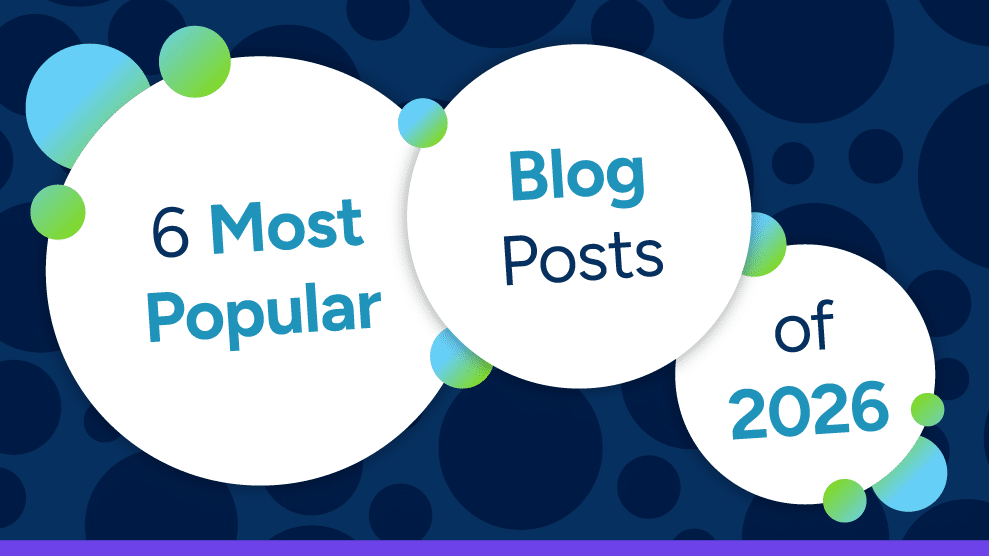
6 Most-Popular Blog Posts of 2025
Ethics and Compliance


People are often unaware of how their words or actions can send the wrong message to others with different experiences and perspectives than their own. Unintentional slights, snubs or insults – also known as microaggressions – can leave others feeling judged, misunderstood and excluded, and undermine diversity, equity and inclusion efforts. Ongoing training and conversations […]

People are often unaware of how their words or actions can send the wrong message to others with different experiences and perspectives than their own. Unintentional slights, snubs or insults – also known as microaggressions – can leave others feeling judged, misunderstood and excluded, and undermine diversity, equity and inclusion efforts.
Ongoing training and conversations to raise self-awareness of microaggressions can help prevent these behaviors and their adverse effects on physical and mental health, and promote a more inclusive culture where everyone feels welcome, valued and empowered to be their authentic selves.
Rooted in unconscious bias, microaggressions are statements or actions that often affirm stereotypes or belittle members of a group. They often seem harmless or can even appear to be a compliment, but regardless of the intent, verbal, behavioral and environmental microaggressions send demeaning messages to coworkers that negatively affect teamwork, performance and retention.
Common types of microaggressions are:
Microinvalidation is when a person invalidates, negates or undermines the experiences of a certain group of people. Examples of this are interrupting someone or talking over them, a male telling a woman that sexism does not exist or giving someone a nickname because their full name is difficult to say.
Microinsult is when a person behaves in a way that is unintentionally discriminatory. This can be a backhanded compliment driven by cultural ignorance, such as complimenting a person of color on how articulate they are or telling a female colleague that they are tech savvy for a woman.
Microassault is when a person intentionally behaves in a discriminatory way. For instance, someone displaying a racist cartoon, telling a sexist joke and then saying, “I was just joking,” or referring to a group as “your kind” or “you people.”
Everyone has unintentionally committed a microaggression. What matters is how individuals respond once they’ve been made aware of their comments or behavior. These 6 tips can help:
Microaggressions can undermine an organization’s efforts to create a diverse, equitable and inclusive workplace. And over time, these daily slights, insults and indignities can affect people’s mental and physical health, as well as the health of the organization. Ongoing training on how to recognize and prevent microaggressions helps build a more respectful, inclusive workplace where everyone can bring their best selves to work.